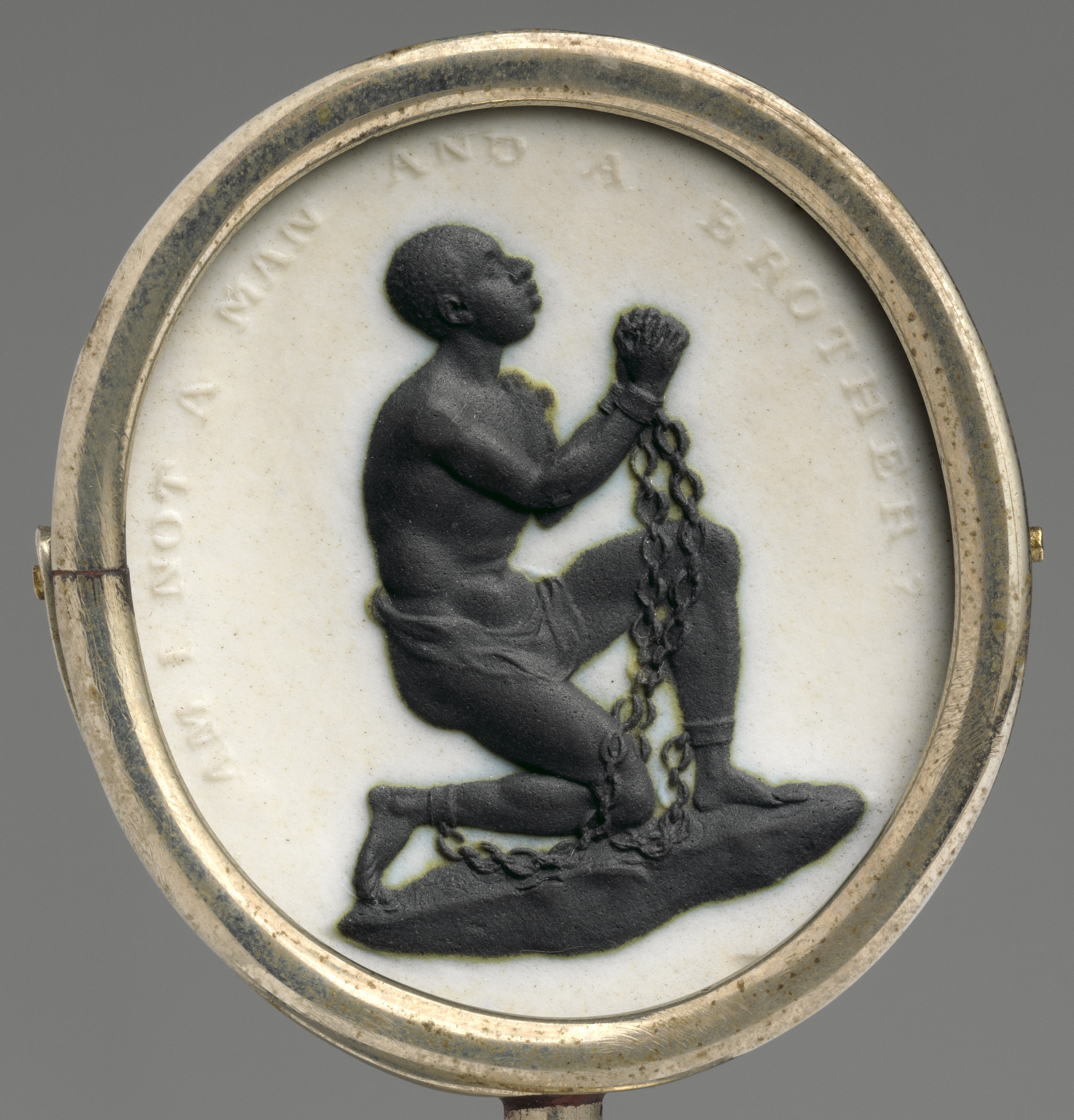
What Do You Do When People Aren’t Interested In Hearing About Jesus?
Do you find sharing the gospel hard? So do I. And it’s not because I’m embarrassed or don’t know what to say. I just find that no one wants to talk about it. When I hear 1 Peter 3:15 say: “Always be prepared to give an answer to everyone who asks you to give the reason for the hope that you have,” I always think, “I’d happily give an answer if someone would just ask me a question.”
So, what do you do if people just aren't interested in hearing about Jesus? Learn to ask good questions.
The Power of Asking Questions
Questions are powerful because they can sneak past a person’s defences. Direct statements can be dismissed without consideration, but as Os Guiness says, a good question “invites us, challenges us or intrigues us to get into it and follow it to see where it leads.”
For example, when William Wilberforce began his crusade to abolish the slave trade, the majority of Britains were indifferent to the plight of slaves. In order to penetrate that indifference, Wilberforce employed the use of well crafted questions. One of the most famous was a Wedgewood plate depicting a slave in chains with the inscription: “Am I not a man and a brother?” Like Wilberforce, we can use good questions to shatter people’s indifference or resistance to thinking about the gospel. But which questions should you ask? Here are three essentials that every Christian should know how to use.

The Top Three Questions Every Christian Should Learn to Ask:
“What do you mean by that?”
James 1:19 says that we must be “quick to listen” and “slow to speak”. Most of us do the reverse. But asking a person, “what do you mean by that?” immediately puts them in the driver seat of the conversation and forces you to be a listener. For example, say a friend shares about an experience which they describe as “very spiritual”. Respond by saying: “Thank you for sharing that with me. It sounds like it was a very meaningful experience. But can I ask you what you mean by ‘spiritual’?” This not only shows that you care and are truly interested in them, but it also opens the door to a much wider conversation giving you insight into their ideas and beliefs. The more you understand them, the better prepared you will be to speak when your turn comes around.
The more you understand them, the better prepared you will be to speak when your turn comes around.
“How did you come to that conclusion?”
Proverbs 18:15 says,
“The heart of the discerning acquires knowledge, for the ears of the wise seek it out.”
Most people cobble their view of the world together in bits and pieces, picking up beliefs here and there. Seldom however, do they take time to think about why they hold their beliefs. Helping someone question their reasons for believing the way they do is an important step toward opening them to the truth of the gospel. You may have a friend tell you they believe we are reincarnated after we die. Rather than disagree, respond by saying: “That’s very interesting. May I ask you how you came to that conclusion?” This immediately shifts the conversation from what they believe to what they know, forcing them to begin questioning the reasons for their beliefs. When this happens, the Holy Spirit can go to work and begin exposing the deceptive ideas that Satan may be using to keep them in captivity.
“Says who?”
In John 6:14, Jesus said: “I am the truth”. This means that Jesus is the full and final authority for all that is true. Apart from Jesus, however, people must find some other basis for truth. Asking the question, “Says who?” immediately requires a person to identify and defend it.
Jesus is the full and final authority for all that is true. Apart from Jesus, however, people must find some other basis for truth.
For example, someone might object to your telling others about Jesus. They may say: “No one should try convincing someone else to believe the way that they do.” Using a word like “should” shows that they are appealing to some moral authority. But what is that authority? And why should they expect you submit to it? And isn’t trying to convince you to the same thing they just said was wrong for you to do? This may not resolve the issue, but at least it will force them to begin questioning why they believe the way that they do.
Conclusion
We should never forget that it is Jesus who speaks through the gospel, and it is the Holy Spirit who uses it to penetrate hearts and bring people to repentance and faith. In a culture where people are disinterested and even hostile to hearing it in the first place, however, asking good questions is an indispensable way to open the doors for gospel truth to enter.
Call to Action
Asking good questions is more art than science, so practice is the only way to become an effect question asker. “What do you mean by that?”, “How did you come to that conclusion?” and “Says who?” are three powerful questions that you can begin using immediately. As you practice with these basics, you will soon learn the art of asking great questions. Begin praying that God would open the doors for gospel conversations so that you can put them to use.